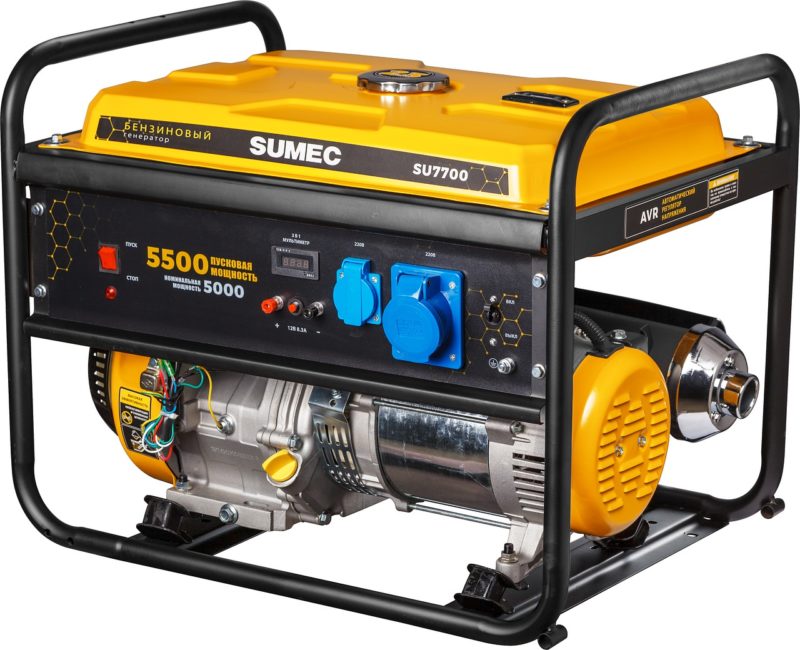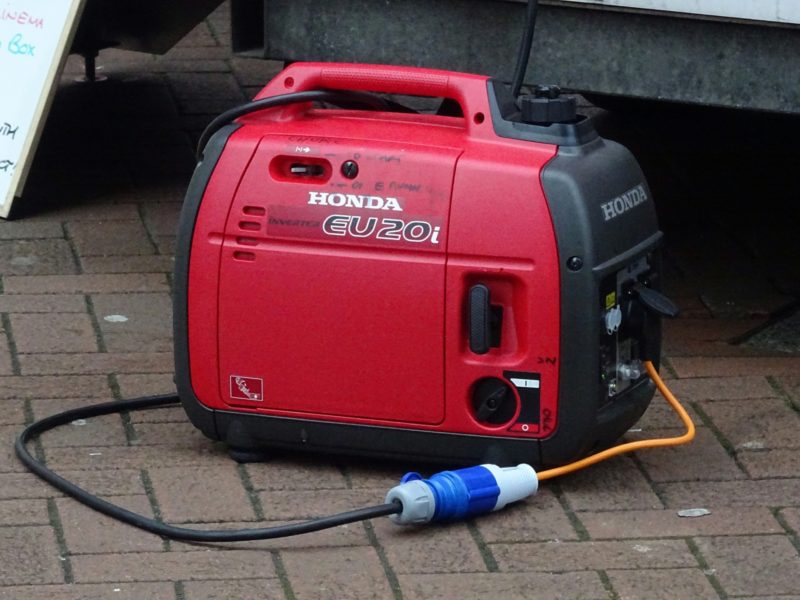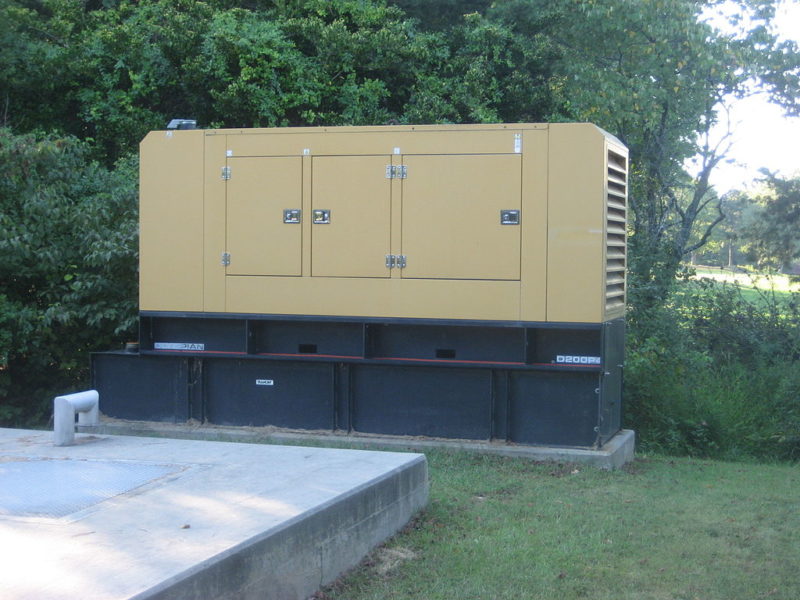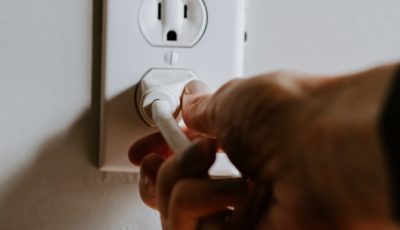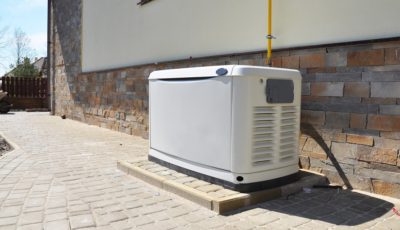Got an Emergency Bunker? How to Maintain Your Emergency Generator
Whether you’re planning for the next hurricane or a zombie apocalypse, it pays to be prepared. A backyard emergency bunker can keep you and your family safe in the event of a natural or manmade disaster.
In addition to food, water, and medical supplies, a key component in any emergency bunker is a generator. However, you’ll want to ensure that your generator is ready to go when you need it.
Choose the Right Type of Generator
Gasoline and diesel generators are very common; contractors use them, and many people have a generator for camping.
If you have a gas or diesel generator, you’ll need to keep a supply of fresh fuel on hand. Regular gasoline will stay fresh for three to six months, however, ethanol only lasts for one to three months. On the other hand, diesel can remain usable for up to one year.
Propane generators work in a similar fashion to gas or diesel generators. But, when properly stored, propane can last for up to 30 years. This makes propane a very good choice for an emergency bunker.
Never run a gas, diesel, or propane generator inside of your emergency bunker. The exhaust fumes are toxic. You’ll need to keep this type of generator outside.
Solar generators are also an option. However, solar panels are susceptible to damage during a severe storm. Moreover, they won’t work when the sky is filled with storm clouds. But, the main component of a solar generator is a lithium storage battery. Depending on the size of your system and your electrical needs, that lithium battery could keep your bunker going until the storm passes. Also, a solar generator does not emit any fumes or exhaust.
Generator Repair and Maintenance
If you have a gas, diesel, or propane generator, it needs regular maintenance. If you have a small generator that you use for camping, you can likely do this maintenance yourself. If you are using solar, you’ll need to check the battery and electronic components on a regular basis.
But, if you have a large, whole-house generator, you’ll want to schedule regular generator repair and maintenance with a professional. This is especially true in humid areas where the enclosure is subject to rust.
Gregsedits, CC BY-SA 3.0, via Wikimedia Commons
Whether it’s a natural disaster or a civil emergency, it pays to be prepared. Keep your shelves stocked with storable food, water, medical, and hygiene supplies. Also, keep a well-maintained generator ready for the next emergency.
Author Bio:
Anita is a freelance writer from Denver, CO. She studied at Colorado State University, and now writes articles about health, business, family and finance. A mother of two, she enjoys traveling with her family whenever she isn’t writing. You can follow her on Twitter @anitaginsburg.

